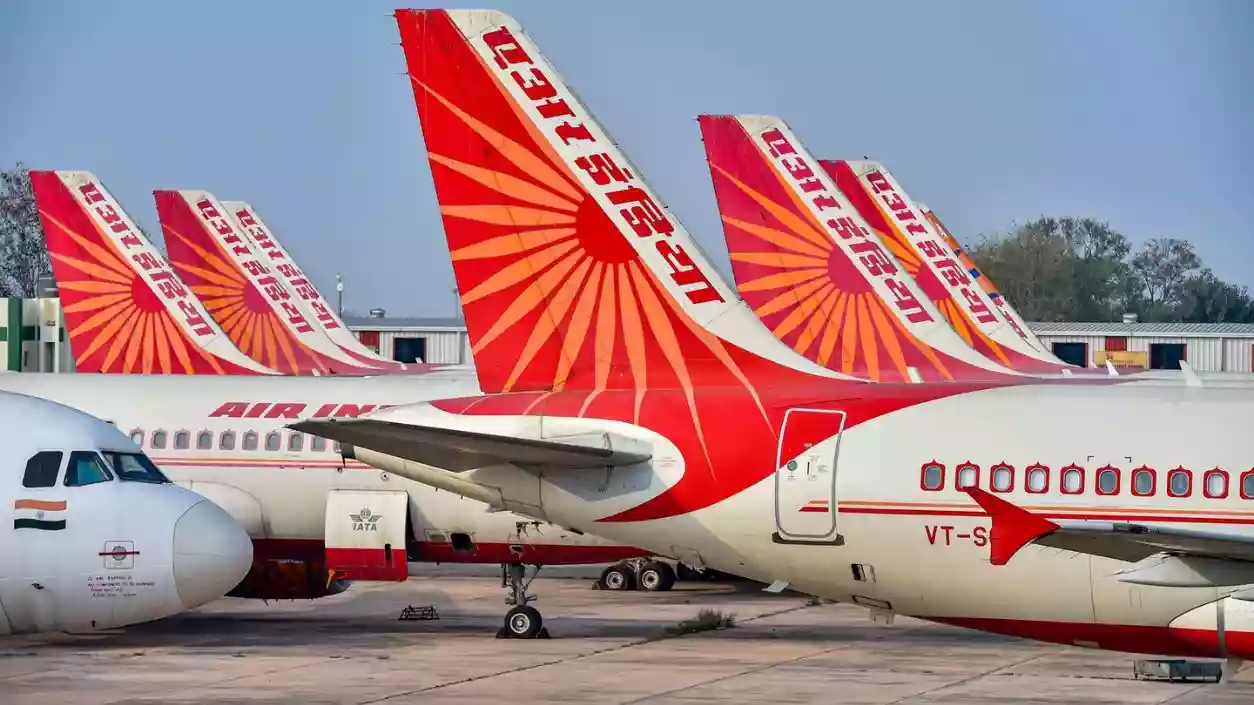Protests erupt outside Kasba Police station as 3 arrested in alleged Kolkata college gang rape
.gif)
.gif)

Air India has estimated an additional financial burden of approximately $600 million if the current restrictions on using Pakistan’s airspace continue for a full year. The figure, equivalent to over ₹5,000 crore, was reportedly conveyed in a formal letter submitted to the Ministry of Civil Aviation on April 27. The airline has sought compensation from the central government in the form of a “subsidy model” proportionate to the economic loss incurred due to the ban.
The airspace restriction was imposed by Pakistan following a recent attack on tourists in Kashmir’s Pahalgam, which resulted in the deaths of 26 individuals, including a Nepalese national. The retaliatory move has disrupted flight operations of Indian carriers, especially Air India, which operates a significant number of long-haul international routes. Indian airlines are now facing longer flight durations and higher fuel consumption as they reroute flights over alternative air corridors.
In the letter, Air India stated that the impact on its operations is “maximum” due to additional fuel burn and increased crew requirements for longer flights. “Subsidy for affected international flights is a good, verifiable and fair option... the subsidy can be removed when the situation improves,” the airline mentioned in the communication. It also requested government-level engagement with Chinese authorities for overflight permissions and sought approval to deploy extra pilots on routes to the United States and Canada to accommodate extended travel times.
Air India currently holds a 26.5% share of the Indian aviation market and operates several international services to destinations in Europe, North America, and the Middle East—routes that frequently rely on airspace access through Pakistan. In April, Air India, along with IndiGo and Air India Express, scheduled around 1,200 flights from New Delhi to these regions. The government has reportedly initiated consultations with Indian airlines to explore solutions, including alternate routes and possible tax relief measures.
The Tata-owned airline, undergoing a multi-billion-dollar restructuring after its return to private ownership, reported a net loss of $520 million in the 2023–2024 fiscal year against revenue of $4.6 billion. Operational challenges have been compounded by delays in aircraft deliveries from Boeing and Airbus, further affecting the airline’s expansion plans during this period of restricted airspace access.